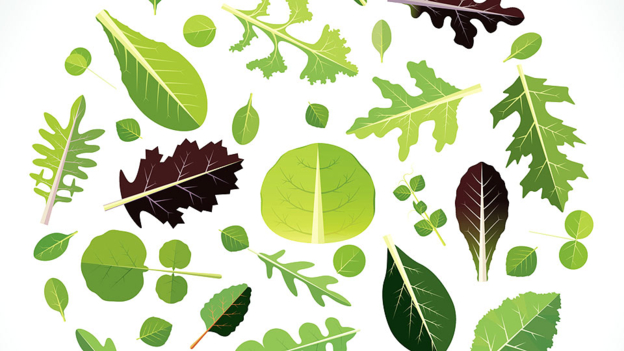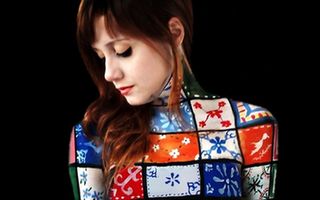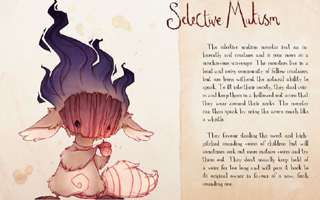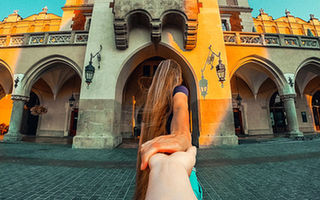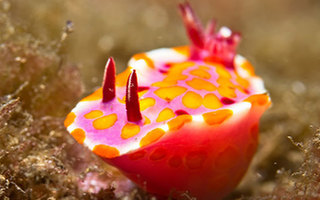文字稿
国际空间站( ISS )上的宇航员品尝到了新鲜的“太空莴苣”。这种红叶莴苣全都是由宇航员们在空间站里自己亲手栽种。此举标志着“太空蔬菜项目”的开始。今后我们将会看到更多空间站生长的食品问世。BBC 的 Gary O'Donoghue 有以下报道:
Astronauts have been growing crops in space for years but this is the first time they’ve eaten the produce while still in orbit. It took the crew on the space station 33 days to grow the red romaine lettuce under LED lamps.
Before they could eat the leaves they had to wipe them with sanitising cloths and then they added a little oil and vinegar. The verdict: "Good stuff", said one of the crew, saving a few leaves for the two Russian cosmonauts who were on a spacewalk while the feast was happening.
Nasa believes the experiment will help develop ways of making crews self-sufficient for longer journeys to places such as Mars. For now their judgement: one small bite for a man, one giant leaf for mankind.
词汇表
crops 农作物
produce 农产品
sanitising cloths 清洁布
feast 丰盛的筵席
self-sufficient 自给自足的
judgement 判断,结论
测验
请听报道并回答下列问题。
1. What equipment did the astronauts need to grow the vegetables?
2. True or false: The salad was ready to be eaten.
3. Did the salad taste good?
4. How does this experiment help the future exploration of Mars?
答案
1. What equipment did the astronauts need to grow the vegetables?
Answer: LED light.
2. True or false: The salad was ready to be eaten.
Answer: False. The astronauts had to clean the leaves with a sanitised cloth before eating them.
3. Did the salad taste good?
Answer: The salad tasted good. According to the report, one of the astronauts said: "Good stuff", indicating that he liked the taste.
4. How does this experiment help the future exploration of Mars?
Answer: It shows that food can be grown on board, which would help feed astronauts having to travel as far as Mars.

